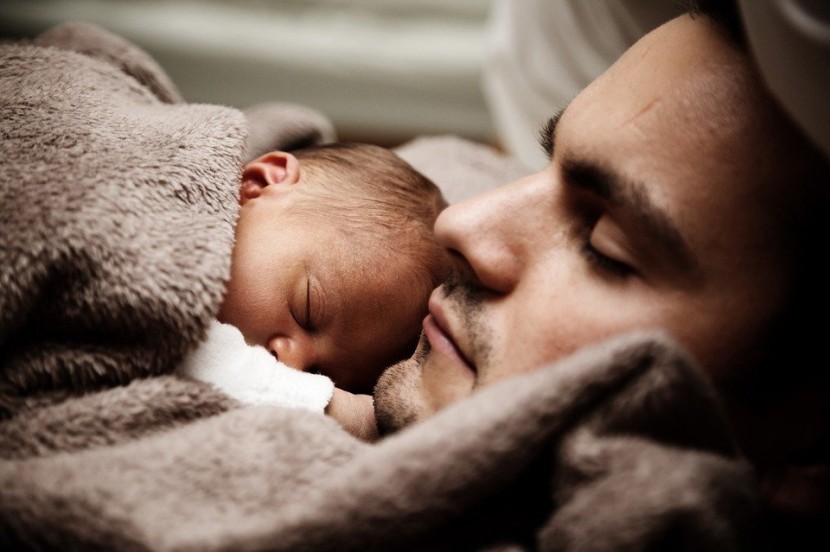
New Japanese research has shown that a hug from a parent can calm children even as young as four months old lower their heart rate.
Courtesy of researchers at Toho University and The University of Tokyo, their new study observed babies less than a year old to test how a hug can impact the infants' heart rate in one of five situations: being held, hugged, being tightly hugged by a mom, being hugged by either parent and being hugged by a female stranger.
The new study is proof that infants as young as four months old can recognize the difference between a parent's or a stranger's hug.
When it comes to babies who have yet to reach twelve months old, everyone loves to hold, hug, and cuddle them.
According to the study published on April 7 in the journal "iScience," an open-access journal from Cell Press, " heart rates in infants less than a year old slowed more during a hug compared to a hold. The hug had a greater impact when it was given by their mother or father rather than from a stranger.
"The infants older than four months old showed a high increase ratio of heartbeat intervals during hugging by their parents than by female strangers," said first author Sachine Yoshida.
It was found that infants and parents are relaxed while hugging. "Parents also showed a high increase ratio of heartbeats intervals by hugging their infants."
Infants below one year showed longer intervals when embraced compared to when held, which suggested a high level of relaxation.
But researchers advise the parent not to tightly hug as the heartbeat interval becomes faster when the youngsters are on the receiving end of a tight cuddle.
The study provides insights on the first evidence that hugs - and not merely a hold - play an important role in the early rapport between parents and their children.
"Like most parents, we love to hug our children," according to Yoshida of Toho University. "We also know that children love to be hugged by their parents. But what surprised us as scientists is how little we know about hugging."
The number of infants observed in each scenario ranged from 12 in stranger and baby and father and baby conditions to 136 infants in the mother and baby conditions.
Results showed that that the infants underwent a greater reduction in their heart rate during a 20-second hug rather than a 20-second hold.
While a mother or father's hug did not have quite the same effect on infants younger than four months, one trick helped parents relax: holding the infant and using their hand to put pressure on his or her back.
This suggested that newborn infants do not make the same distinction between hugs and being held as older babies do, according to researchers.
"Even though infants cannot speak, they recognize their parents through various parenting methods, including hugging, after 4 months old at latest," Yoshida noted.
"We hope that knowing how your baby feels while being hugged helps ease the physical and psychological workload of taking care of infants too young to speak."
Related article: Baby's Rare Skin Disease Prevents Her From Being Hugged
© 2025 HNGN, All rights reserved. Do not reproduce without permission.








